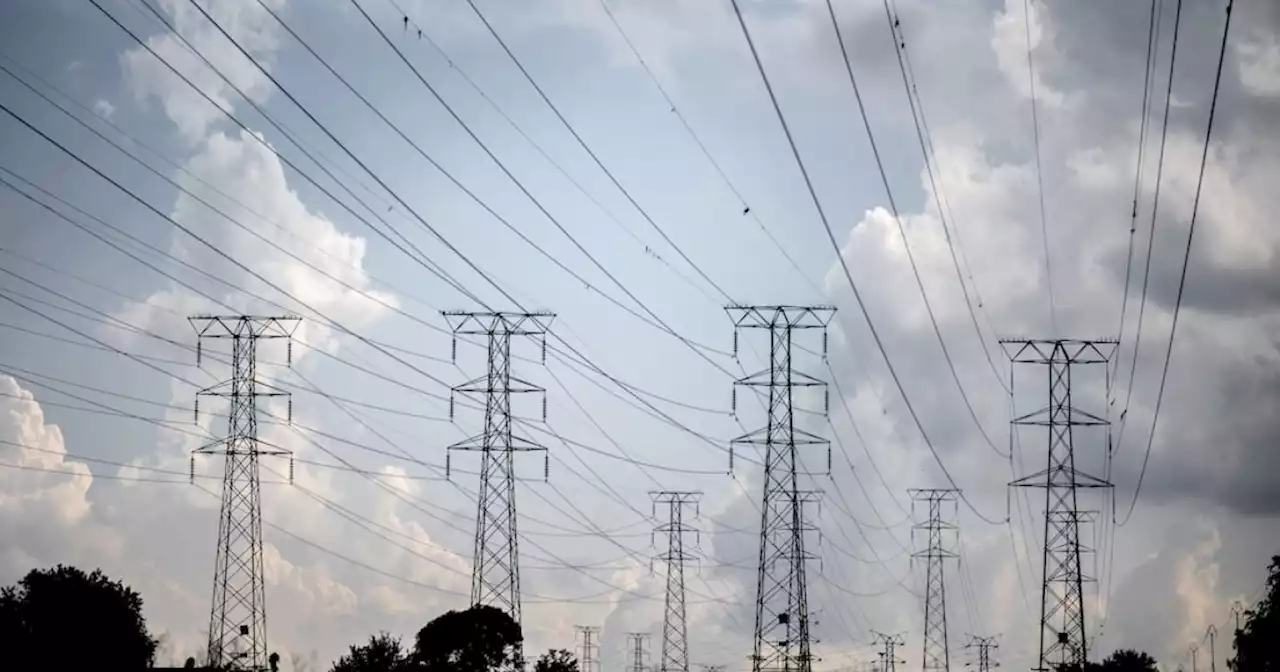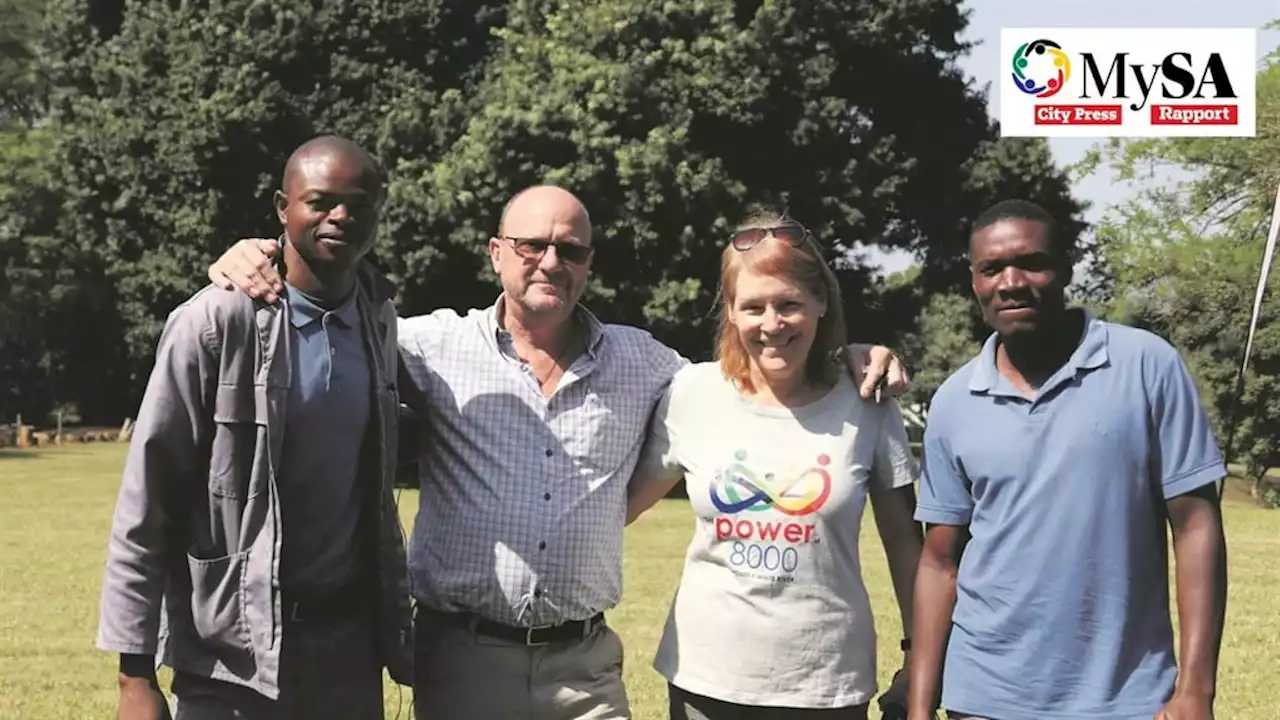The forces driving load-shedding show that radical reconstruction is unavoidable
The government’s responses to the Covid-19 pandemic and load-shedding provide textbook examples of how to respond to disruption — and how not to.
SA’s pandemic strategy accepted that change was inevitable. It focused on minimising economic and social costs while taking advantage of emerging opportunities. In contrast, the load-shedding strategy is trying to restore pre-crisis normality, with delayed and minimal reforms to the national electricity system.
That’s a fail in itself. It downplays measures to mitigate the costs of load-shedding as well as the potential of new energy technologies for supporting economic reconstruction.When the pandemic hit in March 2020 the government quickly undertook to mitigate its impact on working people and employers. By mid-2020 a new social grant had reached 3.5-million unemployed people, though with only R350 a month.
The government also used the huge surpluses in the Unemployment Insurance Fund to support about 500,000 formal businesses and their 4-million employees. These outlays helped limit formal business closures, though they did not stop huge layoffs. SA still has 350,000 fewer formal positions than before the pandemic, with job losses almost exclusively among workers with matric or less.
Why has the government framed these crises so differently? For one thing, the pandemic abruptly shifted global paradigms. Governments everywhere supported businesses and workers on an unprecedented scale. SA only had to follow suit. In contrast, we don’t have overseas models to copy on load-shedding. Instead, the load-shedding response has been heavily influenced by Eskom, coal producers and municipalities, all of which could lose revenues if the electricity system is transformed.
South Africa Latest News, South Africa Headlines
Similar News:You can also read news stories similar to this one that we have collected from other news sources.
 Power outages could reach critical levels this winter - likely scenariosHigh outages have persisted through the warmer early months of 2023, and it’s widely expected to get worse as electricity consumption peaks in the winter months.
Power outages could reach critical levels this winter - likely scenariosHigh outages have persisted through the warmer early months of 2023, and it’s widely expected to get worse as electricity consumption peaks in the winter months.
Read more »
 Some parts of Mahikeng without water due to power station fire - SABC NewsOperations have been suspended at a plant belonging to the Water Board which caters to residents of some parts of Mahikeng.
Some parts of Mahikeng without water due to power station fire - SABC NewsOperations have been suspended at a plant belonging to the Water Board which caters to residents of some parts of Mahikeng.
Read more »
When Eskom stops the lights coming on: The strange case of Frankfort’s ‘illegal’ solar powerFrankfort and other parts of Mafube municipality in the Free State have solar energy they can’t use because of Eskom’s objections.
Read more »
Move to solar power has implications for municipal coffersMunicipalities lose revenue when residential customers install solar, but the lower demand also leads to a reduction in charges from Eskom.
Read more »
 MySA Project | Community power drives thieves, drugs out of public spaces | City PressInstead of waiting for the municipality to act, residentsin White River have joined hands and are cleaning up neglected open spaces and parks.
MySA Project | Community power drives thieves, drugs out of public spaces | City PressInstead of waiting for the municipality to act, residentsin White River have joined hands and are cleaning up neglected open spaces and parks.
Read more »